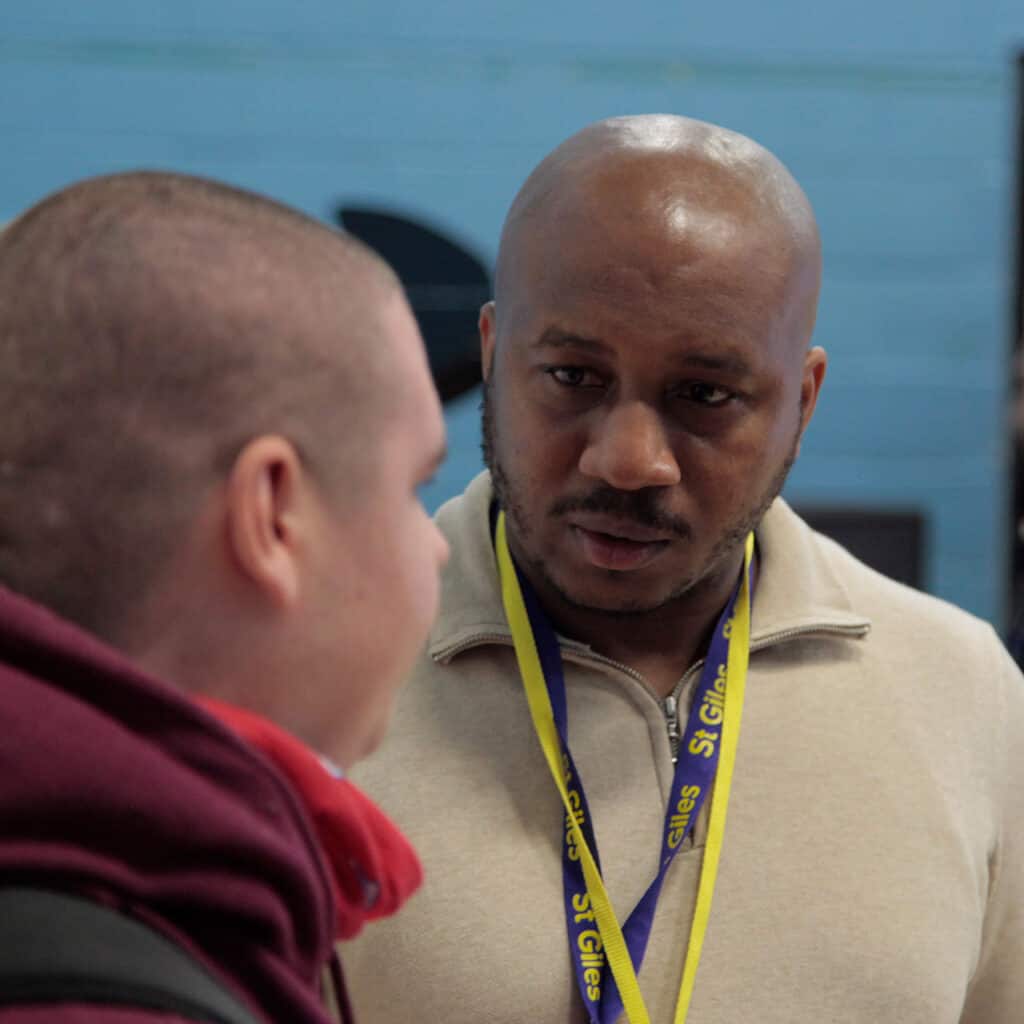SOS+ works with schools, and other education providers, to identify children and young people in need of one-to-one mentoring. These children and young people may display risk indicators that may make them more likely to become involved in youth violence and exploitation (e.g. truancy, missing episodes, involvement with the criminal justice system, safeguarding concerns etc.)
SOS+ Mentors are authentic and credible, providing children and young people with a safe space to facilitate deep conversations about their experiences while also developing their self-esteem, creating a positive self-identify and raising aspirations.

The role of the mentor is to:
- Establish positive and professional relationships with the children and young people, accessing the service.
- Facilitate conversations with young people that tackle perceptions of gang involvement, violence, and exploitation, encouraging them to develop a positive self-identity, healthy relationships, to feel safe and to raise their aspirations.
- Build trust and create a safe space for children and young people in which to explore challenging and potentially traumatic issues and topics.
- Actively listen to children and young people, and appropriately plan structured, tailored one-to-one sessions.
- Promote the value of lifestyle changes to children and young people accessing the service.
- Develop and maintain professional relationships with pastoral and safeguarding leads within each education setting.
- Contribute to multiagency meetings utilising expertise around lived experience and local knowledge.
- Maintain accurate records of one-to-one mentoring work.
We recognise that working with vulnerable children and young people is very rewarding but, with it, comes a great deal of responsibility. We assert our commitment to the fact that every child and young person has the right to live a life free from fear, abuse and exploitation; and we understand that in our work with children and young people, we have the responsibility to protect their safety and basic human rights. To this end, all staff and volunteers undertake a range of compulsory training programmes.
“My mentor explained that he’d been in trouble and I saw how he’d turned his life around. What he told me definitely showed me the misery of it. Being in prison for 12 years and all that. It made me realise that gangs may seem cool, but they’re really not…. At first I thought it would be just some random guy preaching at me. But it’s nothing like that. Of all the professionals, I like him the most. He’s straight with me and he understands. It really helps.”
Ronan, 16 years old
